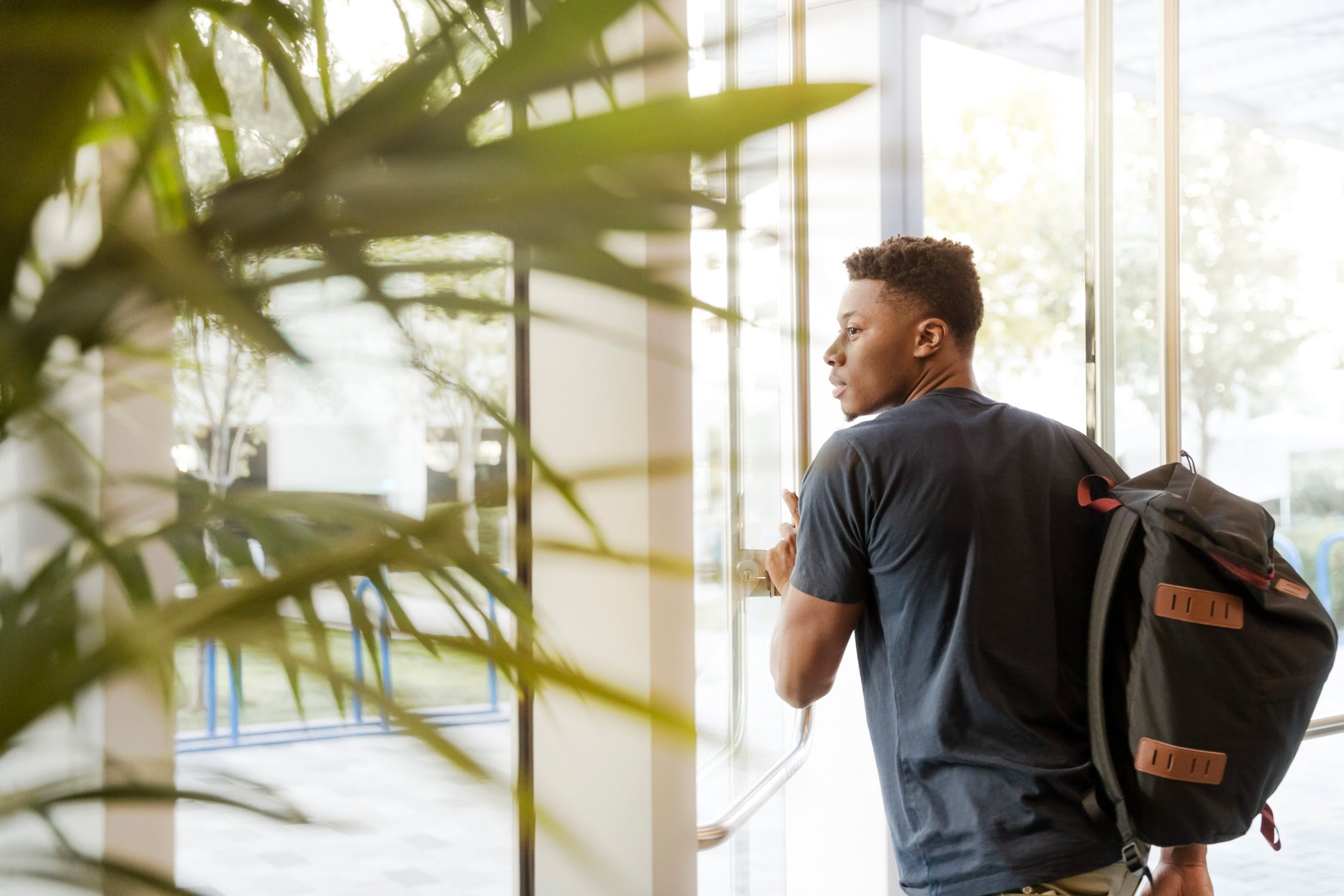A student retains responsibility over his or her health while in college. Part of this responsibility involves safe food handling. You will interact with food several times a day, exposing you to the possibility of contamination. Consuming such food would result in health challenges that affect your academic work.
College life is so demanding that you might miss the chance to watch over your health. To keep a level head, you may assign some of your work to custom research papers writing services. You avoid being overwhelmed to the extent of ignoring your dietary health.
Life in college could see you eat with friends or at the cafeteria often. Picnics and hikes become the order of the day, taking you away from an environment where hygiene receives more attention. An overwhelming day in class or the library could also leave you too tired to think about the safety of your food.
Here are specific tips and strategies you can take to maintain dietary health and food safety while in college.
1. Carry A Sanitizer
The environment around college is packed with germs. While you might have water and soap in your room, the facilities could be in short supply at stores where you need to take a bite. Instead of risking by using contaminated hands, draw your sanitizer and prepare your hands to handle food. The sanitizers are available in small sizes that will fit in your pocket. It guarantees you good health as you handle food.
2. Are Your Leftovers Healthy?
It is normal to have leftovers in the room after a meal. However, such leftovers have become a source of health challenges for college students. Some of the foods should not be eaten several hours after serving. The storage environment for the leftover could also make them poisonous. How can you guarantee the safety of leftovers in college?
- Check user information on consumption window for all the foods you eat. If it goes beyond the recommended safety limits, do not eat the food.
- Store the food in a hygienic place. Invest in a small fridge and keep the storage environment clean.
- Warm the leftovers when it is time to eat. Warming kills germs besides making your food tasty.
While leftovers will reduce your food budget, they must be handled with care to avoid exposure to health risks.
3. Keep Your Room Clean
A clean environment is always healthy. Keep all surfaces in your room as clean as possible because the status will extend to your food. For instance, if the table is dirty, this dirt will spread to your utensils, leading to contamination. Further, you will be handling food with the same hands touching contaminated surfaces. It is impossible to divorce foods safety in college from overall sanitation of the environment.
4. When Can You Reheat Food?
Food is healthiest immediately it is cooked. Heating and reheating are associated with the proliferation of germs. Some components will also become poisonous or lose their nutritional value when heated. The reheating environment could also become a source of contamination. Avoid this challenge by consuming fresh foods and in portions that you will finish. Follow reheating instructions to avoid the dangers associated with reheating.
5. Wash The Fruits Thoroughly
Fruits are enticing and mostly eaten as snacks. It means that you lack necessary caution required when handling food. This will increase your chances of contamination. Wash your fruits thoroughly and handle them with sanitized hands.
6. Pack Your Lunch
It is easier to control the safety of foods that you have prepared compared to what you buy on the street or at the cafeteria. The best way to guarantee this safety is by packing your foods. Since you are dealing with a small food portion, it is easy to guarantee its safety. Use a container that can guarantee its safety and handle the packed lunch or snacks with care throughout the day.
7. Buy A Microwave-Safe Container
Microwaves play a crucial part in the dietary life of students. They are used to prepare and reheat foods almost daily. However, they can become a source of current and future health problems if unsafe containers are used inside the microwave. Read safety instructions and invest in containers that can guarantee safety.
8. Watch Your Food When Eating Outdoors
It is inevitable to eat outdoors as a student. You could have a lecture packed day that denies you the chance to rush to your room for lunch. When forced to eat outside your room, the safety of your food must be guaranteed. Choose safely prepared foods and options that minimize the chances of contamination.
Food presents numerous chances to compromise your health. It would result in interrupted academic activities and missed opportunities while in college. Remain vigilant whenever you are eating to guarantee the safety of the food you consume while in college.
I am an Ambitious girl with a special interest in writing and sharing my knowledge. I love to hangout with nature and learn from it. My words will display the power of nature to the best as I love to write about the environment.



